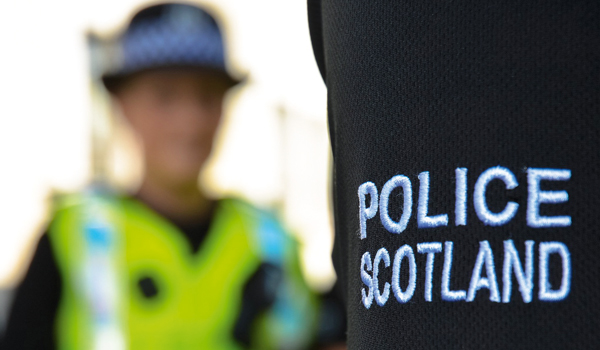Some minor crimes will not be investigated as Police Scotland pilots ‘proportionate response’
Some minor crimes in the North East of Scotland will not be investigated by police as part of a new pilot scheme.
Police Scotland says if there is “no associated threat, risk, harm or vulnerability” then no further action will be taken.
This could include theft from a garden if there are “no proportionate lines of inquiry” such as CCTV.
However, if any risk, harm or vulnerability is identified, then Police Scotland confirmed it will take “the appropriate measures to ensure safety and wellbeing”.
Police Scotland said it wants to give police officers more time to focus on proportionate lines of inquiry, responding to emergencies and keeping people safe from harm.
The force said this “proportionate response to crime” was a system that had worked to good effect previously in Grampian before the national service was established and it is hoping the pilot will achieve similar “positive results”.
At the moment the public may have to wait some time to hear whether their report of a crime or incident is being investigated, Police Scotland said, but under its new approach it aims to inform people of the decision more quickly.
In a statement, the force said: “On some occasions, crimes are reported where there is no associated threat, risk, harm or vulnerability and also no proportionate lines of inquiry for local police officers to investigate.
“When this happens, our staff will inform the caller that the inquiry has been recorded and a crime reference number will be supplied, but no further action will be taken.
“If any risk, harm or vulnerability is identified, Police Scotland will take the appropriate measures to ensure safety and wellbeing.
“At the moment, it may take some time for police officers to view a report just to confirm that no further action will be taken. The new process means callers get an answer more quickly and police officers are able to focus on the more pressing issues in our communities.
“An example could be a theft from a garden, if there are no proportionate lines of inquiry such as CCTV or eye-witness evidence, then we may inform the caller that the report will be filed and no further action taken.”
It comes after Home Secretary Suella Braverman said police in England and Wales must pursue all “reasonable lines of inquiry” to solve more crimes and challenged forces to deliver the “victim-focused, common sense policing the public deserve”.
Police Scotland says taking a proportionate approach to crime means it can continue to deliver a “high standard of service” while responding to growing and increasingly complex individual and community needs, within a tightening financial environment.
It added: “We recently outlined the urgent action required to maintain effective policing for our communities following the real terms reduction in our funding allocation for 2023/24.
“Hard choices are being made to deliver effective policing within the funding available.
“Action is also being taken to achieve savings, with areas which encounter the greatest demand and carry the greatest risk in keeping people safe being prioritised for resources.
“But ultimately this is about getting people the right help when we are contacted and will enable us to spend more time tackling crime, responding to local concerns and keeping people safe.”
Chief Superintendent Graeme Mackie, divisional commander for the North East, said: “The pilot process will enable local police officers to focus on those crimes that have proportionate lines of inquiry and potentially enable them to give more time to local concerns and priorities in the area.
“We also know that sometimes people simply want to report a crime and we want to provide that service efficiently.”
“Local officers will continue to review closed reports to enable them to map local crime trends and this may mean an inquiry is re-opened and investigated.”


